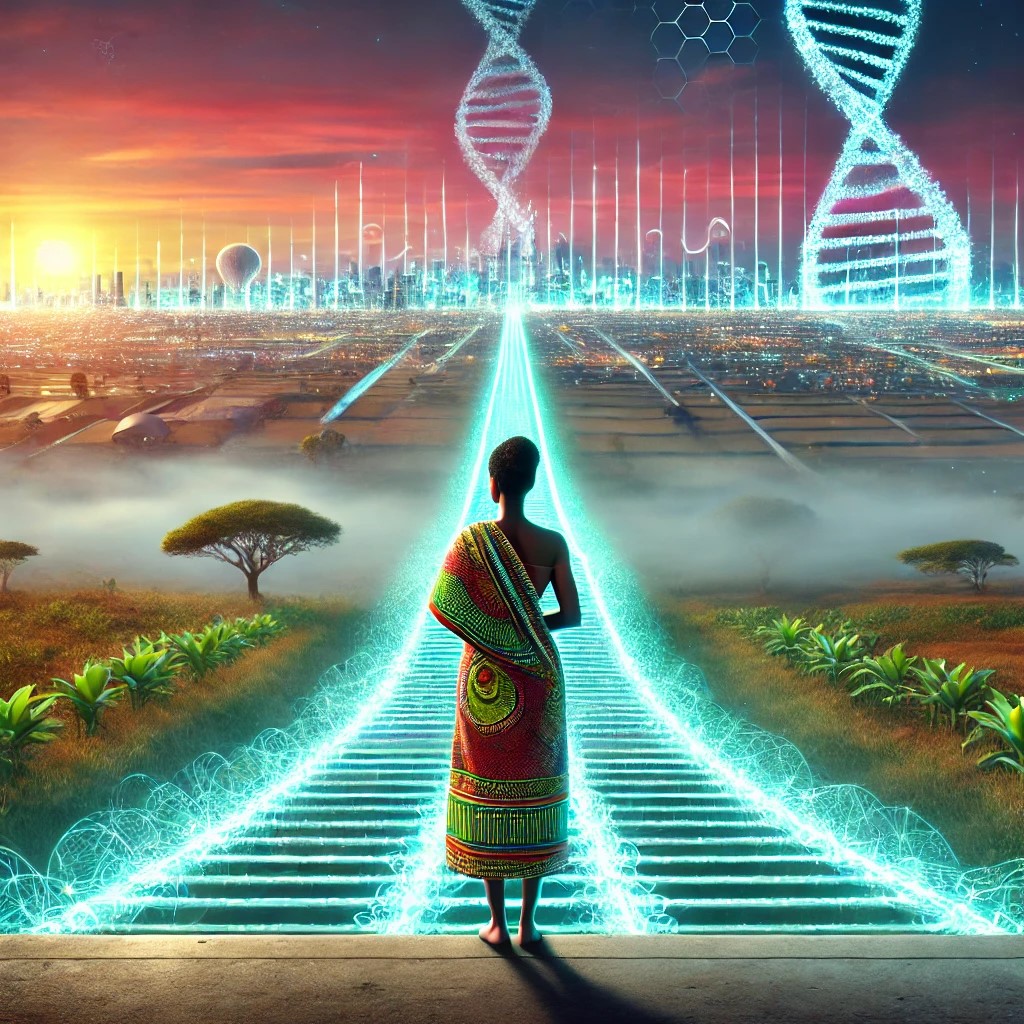
As we embark on this new chapter, we are guided by the 3 Cs of Science Communication: Crisis, Climate, and Culture. These pillars shape the projects and activities of the Alliance for Science Global Consortium as we amplify pro-science voices worldwide.
1. Crisis: Restoring Trust in Science
A global trust crisis impedes communication on virtually every issue. According to the Edelman Trust Barometer, 76% of people fear false information being weaponized. In the digital age, misinformation undermines trust in scientific advancements, particularly in critical areas like food systems, climate action, and health.
To address this, we are launching our flagship program, the Mis/Disinformation Response Alliance (MiDRA), during the Future of Science Communication Forum on February 25–26, 2025, in Nairobi, Kenya. MiDRA will build a robust global network to combat misinformation and promote science-based solutions.
2. Climate: Addressing the Global Challenge
The climate crisis threatens lives, livelihoods, and ecosystems, with developing nations bearing the brunt. These nations face greater challenges in adapting to shocks and extreme events, which affect food systems and health outcomes.
In partnership with the United Nations Environment Programme (UNEP), we are launching The Climate Action Zone, a platform for addressing climate-related challenges through science and innovation.
3. Culture: Empowering the Global South
The cultural dynamism of the Global South, home to over 80% of the world’s population, is reshaping geopolitics and global perspectives. Africa, the world’s youngest continent, will soon host at least six megacities with populations exceeding 15 million. This cultural and demographic diversity is poised to drive global growth.
To harness this potential, we are spearheading the Indigenous Science and Technology Initiatives (ISTI). This program will convene community partners to address knowledge and innovation gaps across Africa, ensuring localized solutions for global challenges. Additionally, as AI continues to mediate our activities, it is essential to localize data, languages, and skills to meet the needs of billions who don’t speak English or Mandarin.
O artigo foi publicado originalmente em Cornell Alliance for Science.